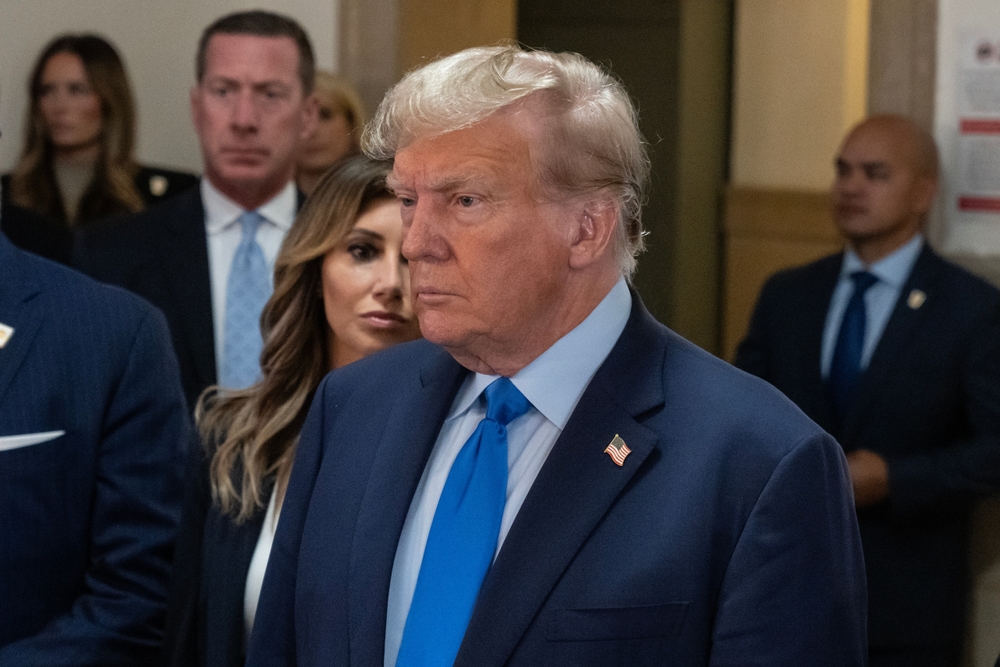Others are reading now
Donald Trump’s recent Veterans Day speech has set off alarm bells among historians and political analysts, with his language drawing alarming parallels to authoritarian leaders like Hitler and Mussolini.
Trump described his political opponents as “vermin,” a term that has historically been used by dictators to dehumanize and encourage violence against certain groups.
In response to the ensuing backlash, Trump campaign spokesman Steven Cheung defended the former president’s remarks.
Also read
Instead of diffusing the situation, Cheung’s comments further echoed the authoritarian tone. He dismissed the critics as “snowflakes” suffering from “Trump Derangement Syndrome” and suggested that their “sad, miserable existence” would be crushed upon Trump’s return to the White House.
This direct and unabashed defense of Trump’s language has intensified concerns about his authoritarian tendencies.
During his speech, Trump emphasized the need to “root out the Communists, Marxists, fascists, and the radical left thugs” within the U.S., portraying them as a greater threat than external forces like Russia, China, or North Korea.
Ruth Ben-Ghiat, a historian at New York University, warned about the dangerous implications of such rhetoric. Referring to the historical context, she pointed out that calling people “vermin” was a tactic used by Hitler and Mussolini to incite violence against their opponents.
Brian Klaas, a political scientist, spoke to MSNBC about the grave implications of Trump’s approach. He highlighted that Trump isn’t just borrowing rhetoric from authoritarian leaders but is also adopting their strategies, which is a direct threat to democratic principles. Klaas emphasized the urgency of the situation, stating, “We are sleepwalking towards authoritarianism.”


